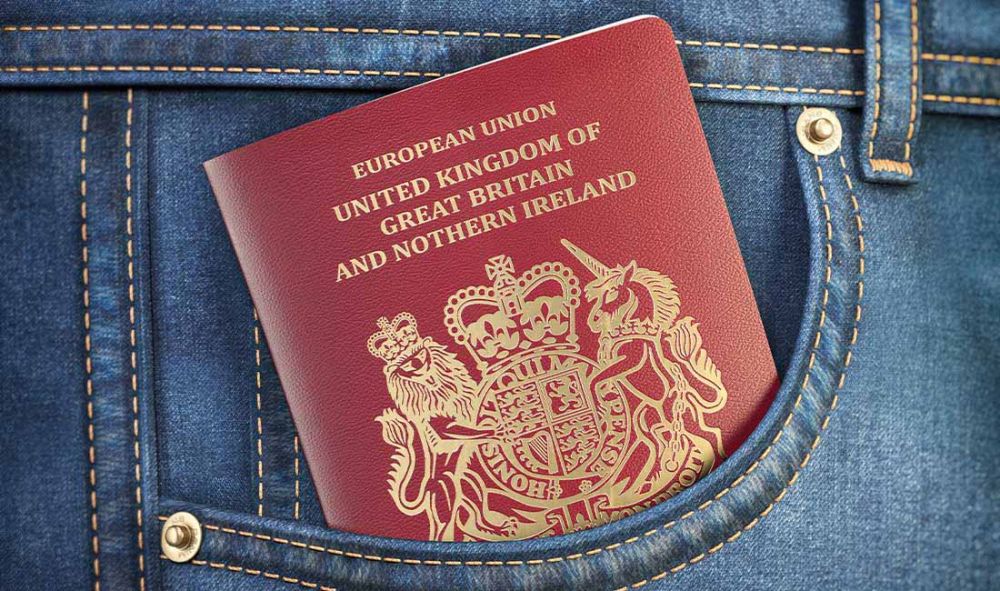UK Aid or Foreign Aid?

The Workers of England Union has always enjoyed keeping you informed. Below is an overview of the Foreign Aid facts and figures. The article makes interesting reading.
Context: Austerity and Public Resentment
Austerity, low pay, reduced living standards, and a greater reliance on foodbanks and charitable donations create resentment towards other nations, especially when our hard-earned taxes are given away overseas. In recent weeks, there has been a growing call for the Foreign Aid budget to be cut and the money to be used to give our nurses, police, and firemen a pay rise.
The Workers of England Union agrees that it is an absurd situation for the Government to maintain austerity, impose higher taxes, borrow more than £6.5 million an hour, and then spend the proceeds on overseas projects or inflated salaries for the Department for International Development staff.
According to anti-poverty charity The Trussell Trust, UK foodbank use continues to rise. Between 1 April 2016 and 31 March 2017, The Trussell Trust’s Foodbank Network provided 1,182,954 three-day emergency food supplies to people in crisis, compared to 1,109,309 in 2015–16. Of this number, 436,938 went to children.
UK Spending on Foreign Aid
For every £100 that’s made in the UK, 70 pence goes towards foreign aid. The government has a legal target to spend 0.7% of the UK’s Gross National Income (GNI) on overseas development aid each year. GNI represents the UK’s annual output of goods and services plus any income we receive from abroad.
Recent Spending Levels
In 2015, the UK spent £12.1 billion on overseas aid, meeting the 0.7% target. As the economy grows, this figure is expected to rise. By 2021, spending could reach about £14.4 billion in 2015 prices, according to the Office for Budget Responsibility’s forecasts.
Origin of the 0.7% Target
The 0.7% benchmark has been the UN’s standard for developed countries since 1970. The UK committed in principle in 1974 but first achieved it in 2013. It was then enshrined in UK law in 2015, creating a legal duty to meet the 0.7% target. Although this duty cannot be enforced through the courts, the International Development Secretary must explain shortfalls to Parliament.
Spending qualifies as overseas development assistance (ODA) if it:
- Targets a specific list of low- and middle-income countries or institutions such as the World Bank.
- Is disbursed by government or government agencies.
- Primarily aims to promote economic development and welfare.
- Is a grant or a concessional loan offering better terms than market rates.
Allocation of Funds
Only about 16% is allocated as humanitarian aid or crisis relief. The remainder focuses on strategic, long-term goals.
37% of UK aid is channelled through multilateral organisations like the United Nations, while 63% is bilateral aid to specific countries. The top five bilateral recipients are Pakistan, Ethiopia, Afghanistan, Nigeria, and Syria. By continent, Africa receives 55% and Asia 41% of bilateral aid.
Who Manages UK Aid?
The Department for International Development (DfID) is responsible for most of our aid spending, using 81% of the ODA budget. The remaining 19% is spent by other government departments and public bodies.
Is £12.1 Billion Too Much?
The 0.7% target has faced opposition from those who argue for greater domestic investment. For example, £12.1 billion is roughly four to five times the estimated shortfall in social care funding, yet it is less per household than the estimated annual food waste in the UK. Which comparison is most valid depends on your perspective.
International Comparison
Only five other countries meet the UN’s 0.7% target, making the UK the sixth most generous nation by aid as a proportion of GNI.
workersofengland.co.uk | Independent Workers Trade Union





